The Proclamation is not as broad and likely affects fewer travelers and organizations than anticipated. To underscore this, current visa holders are not affected by the travel restrictions announced.
When does Proclamation become effective?
The Proclamation will go into effect at 12:01 AM EST on June 9, 2025. This allows critical time for impacted individuals to prepare, and anyone impacted by this Proclamation who is presently overseas should make plans to return to the United States immediately. Return travel should be planned for no later than the end of the day on Sunday, June 8, 2025.
The Proclamation applies to individuals who are outside of the United States when it takes effect and do not have a valid visa as of the effective date.
Countries Affected by Complete Travel Ban
For countries facing a “complete” suspension, entry to the United States by both immigrants and nonimmigrants is fully suspended. The impacted countries are:
1. Afghanistan 7. Haiti
2. Burma 8. Iran
3. Chad 9. Libya
4. Republic of Congo 10. Somalia
5. Equatorial Guinea 11. Sudan
6. Eritrea 12. Yemen
The Trump administration explained that it was imposing broad travel restrictions on entry by individuals from these countries because of risk factors including limited vetting capabilities, information sharing policies, and other country-specific concerns – including terrorism, visa overstay rates, and cooperation (or lack thereof) in accepting back nationals removed from the U.S. As a result, organizations or family members sponsoring nationals from these countries should reconsider the timing of their travel to the United States for the foreseeable future—unless they qualify for one of the exceptions to the travel restrictions that are discussed later in this article.
Countries Affected by “Partial” Travel Ban
For countries facing a “partial” suspension, entry to the United States of immigrants and nonimmigrants in the B-1/B-2, F, M, and J classifications is suspended.
Consular officers are also instructed to reduce the validity of other nonimmigrant visas to the extent permitted by law:
1. Burundi 5. Togo
2. Cuba 6. Turkmenistan
3. Laos 7. Venezuela
4. Sierra Leone
Countries on both the “complete” and “partial” restrictions lists will be periodically reviewed under the terms of the Proclamation to determine if any of the suspensions or limitations imposed should be continued, terminated, modified, or supplemented.
The initial review will take place within 90 days of the Proclamation, with subsequent reviews occurring every 180 days. As a result, employers sponsoring individuals from these countries and visa applicants from these countries should closely monitor changes in federal immigration policy that may allow for future changes to their US visa and entry eligibility.
What Exceptions Apply to Those Subject to Travel Restrictions?
While the Proclamation appears broad in scope, it is important to highlight the many exceptions to the policy change—it does not apply universally to individuals from the named countries. The exceptions implemented by the Proclamation closely track those provided for during the first Trump Administration, and significant exceptions include:
- Lawful permanent residents of the United States
- Dual nationals of a designated country traveling on a passport of a non-designated country (for example, a dual national of the UK and Chad may be able to travel using their UK passport)
- Diplomats holding A/G/NATO visas
- Athletes or members of an athletic team (including coaches and immediate relatives), traveling for the World Cup, Olympics, or other major sporting event designated by the Secretary of State
- Certain family-based immigrant visas and adoption visas
- Afghan and U.S. government special immigrant visa holders
- Religious minorities in Iran
- Individuals whose entry is determined to be in the national interest involving the Department of Justice, as determined by the Attorney General
- Individuals whose entry is determined to be in the national interest as determined by the Secretary of State
With respect to this final exception, following the travel bans imposed by the first Trump Administration, a robust system of National Interest Exceptions (NIEs) was developed by the Department of State to vet visa applications on a case-by-case basis to determine if visa issuance would serve a United States national interest. Although a Department of State implementation policy is not part of the current Proclamation, the similarities between the present Proclamation and the final travel bans upheld by the courts during the first Trump administration suggest that a similar vetting process may unfold in the coming weeks.
Of particular note, the prior framework for NIE issuance included the following categories of travelers:
- Individuals providing vital support or executive direction for critical infrastructure
- Individuals providing vital support or executive direction for significant economic activity in the United States
- Individuals who are critical to U.S. law enforcement or intelligence efforts
- Individuals traveling to support U.S. government interests, such as diplomatic missions or military cooperation
- Individuals whose presence is urgently needed by a U.S. employer or agency
- Athletes, artists, or other public figures participating in a high-profile event deemed to be in the national interest
- Individuals with humanitarian grounds that intersect with national interest, such as medical professionals during health emergencies
The NIE process required an application to a U.S. Embassy or Consulate supported by extensive information to establish the importance of travel to the United States, including detailed letter(s) explaining the need for travel to the United States within the established parameters. Organizational sponsors and visa applicants should begin to explore creative arguments, buttressed by corroborating evidence, that illustrate how a traveler’s presence in the United States will advance key interests.
Even if robust NIE policies are implemented by the State Department, impacted individuals should expect delays in the review and adjudication of visa applications. Delays and increased scrutiny are likely to occur globally and not be limited to applicants from directly impacted countries.
It may take the State Department some time to develop a global policy implementing this Proclamation and disseminate this policy to consular posts; as such, employees should be particularly encouraged to monitor U.S. State Department websites for information regarding the implementation of this Proclamation and to determine if reciprocal restrictions are imposed for travel into other countries.
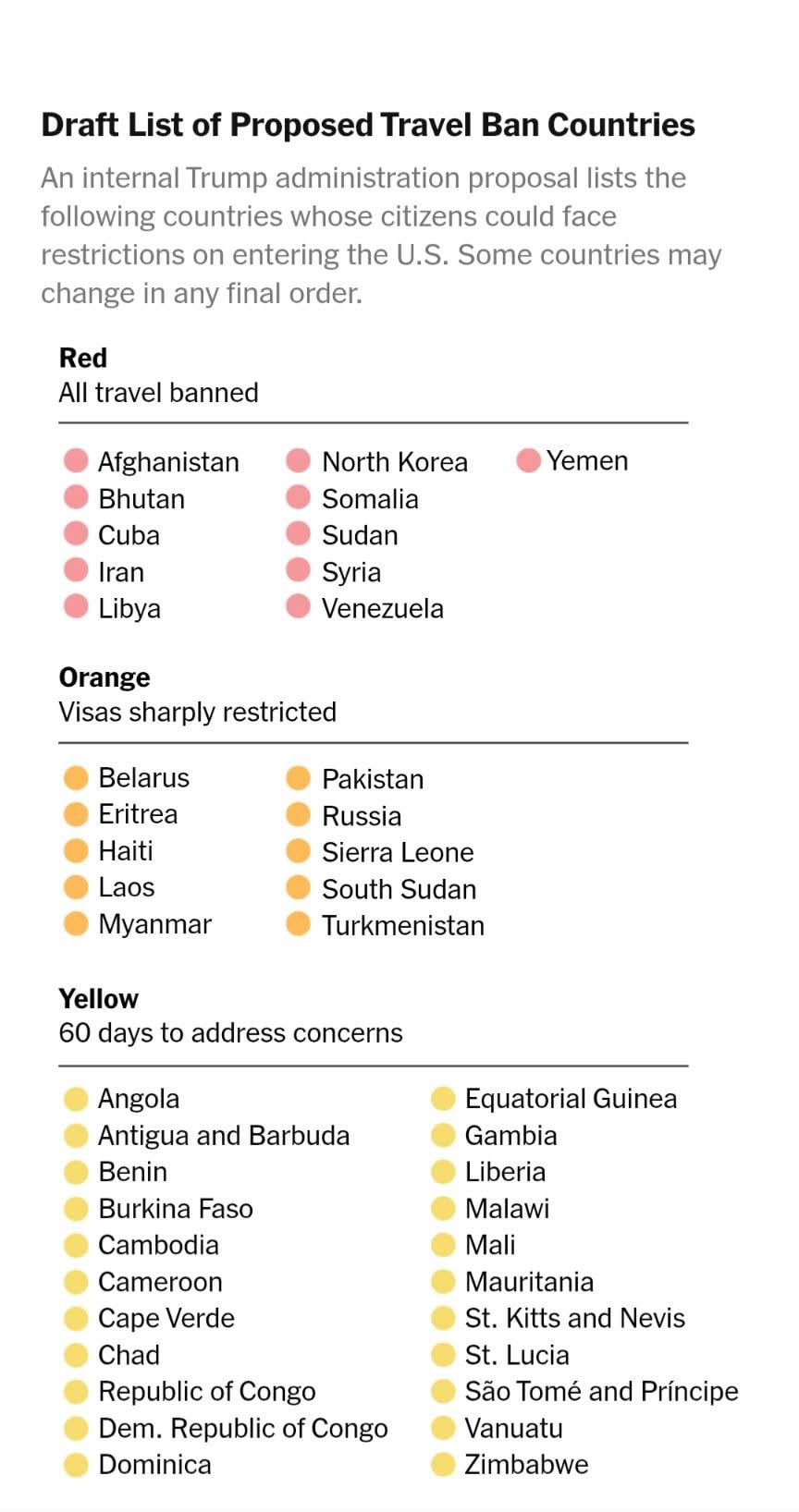









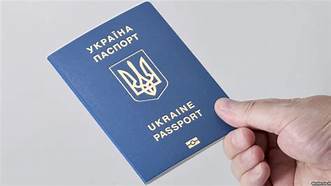



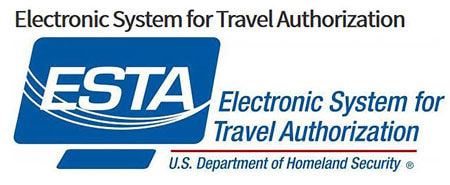

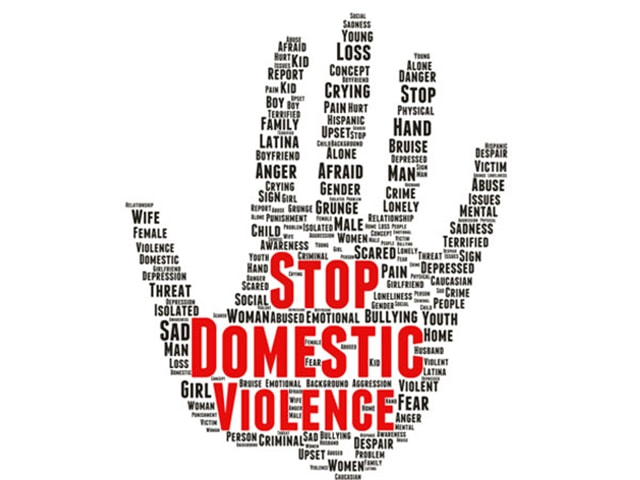
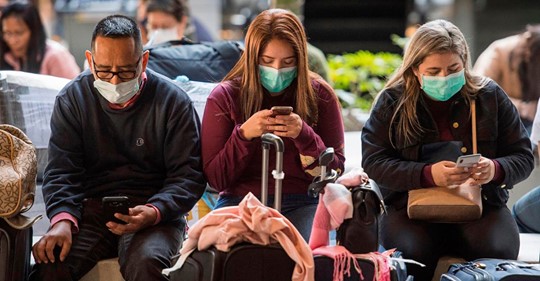

 RSS Feed
RSS Feed